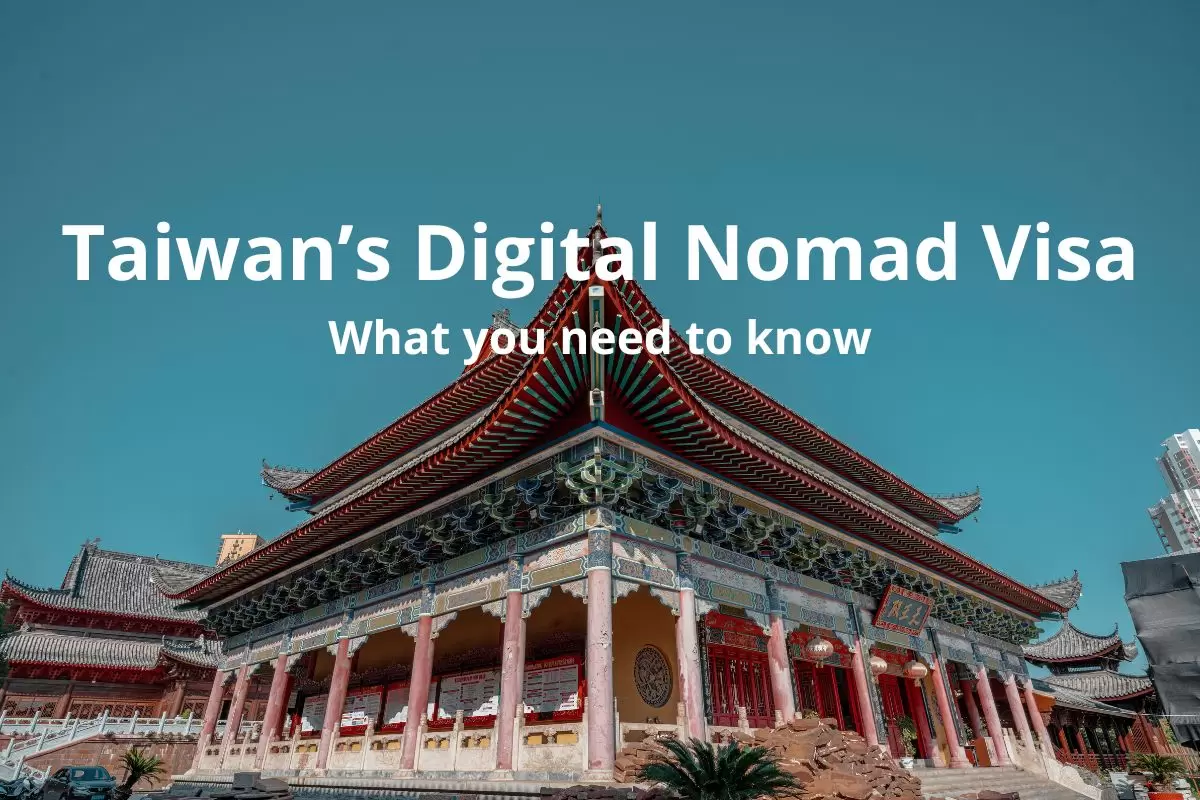Table of Contents
ToggleIn an increasingly interconnected world, businesses are no longer confined to their home countries. Expanding into new markets, tapping into global talent pools, and fostering cross-border collaboration are essential strategies for growth. In fact, Harvard Business Review states that “building a globally diverse team is actually getting easier.”
However, managing a global workforce presents unique challenges, making a well-defined global mobility strategy indispensable for modern enterprises. This blog explores the importance of a global mobility strategy, key components to consider, and how employer of record (EOR) services can support this endeavour.
The Importance of a Global Mobility Strategy
A global mobility strategy outlines how a company manages its international workforce, including the relocation of employees, compliance with local laws, and the integration of diverse cultures. A robust strategy ensures that organisations can effectively deploy talent across borders, optimise costs, and enhance employee satisfaction.
Read more: Global Mobility Guide for Expats, Digital Nomads, and Business Owners
Key Components of an Effective Global Mobility Strategy
- Talent Management and Deployment: Identifying and deploying the right talent to the right locations is crucial. This involves understanding the skills required in different markets, assessing the readiness of employees for international assignments, and planning for their smooth transition.
- Compliance and Risk Management: Navigating the complex landscape of international labour laws, tax regulations, and immigration requirements is a significant challenge. A global mobility strategy must ensure compliance with all local laws to avoid legal pitfalls and financial penalties.
- Cost Management: International assignments can be expensive. A well-planned strategy includes budgeting for relocation costs, compensation adjustments, and managing currency fluctuations to maintain financial efficiency.
- Cultural Integration and Support: Relocating employees to new countries involves more than just logistical arrangements. Providing cultural training, language support, and resources for family integration can enhance the success of international assignments.
- Technology and Tools: Leveraging technology to streamline mobility processes is essential. Tools for tracking employee movements, managing visas and work permits, and ensuring compliance can greatly enhance efficiency.

The Role of Employer of Record Services in Global Mobility Strategy
Employer of record (EOR) services play a crucial role in facilitating global mobility by providing a range of support services that simplify the process of managing an international workforce.
How Employer of Record Services Help
- Legal and Compliance Assurance: EORs handle the complexities of local employment laws, tax regulations, and compliance requirements, ensuring that businesses meet all legal obligations in the host country. This reduces the risk of non-compliance and associated penalties.
- Efficient Onboarding: EORs manage the administrative tasks involved in onboarding employees in new countries, including setting up payroll, administering benefits, and ensuring all necessary documentation is in place. This accelerates the onboarding process and enhances the employee experience.
- Cost-Effective Expansion: Setting up legal entities in foreign markets can be time-consuming and costly. EOR services provide an efficient alternative, allowing businesses to quickly establish a presence in new regions without the need for extensive infrastructure investments.
- Employee Support and Integration: EORs often provide support services for relocating employees, including assistance with housing, schooling for children, and cultural orientation. This comprehensive support helps employees settle in more quickly and reduces the stress associated with international moves.
Best Practices for Implementing a Global Mobility Strategy
To ensure the success of your global mobility strategy, consider the following best practices:
- Align with Business Objectives: Ensure that your global mobility strategy aligns with your overall business goals. Whether it’s expanding into new markets or developing global leaders, the strategy should support your company’s long-term objectives.
- Develop Clear Policies: Create clear, transparent policies for international assignments. This includes outlining eligibility criteria, compensation packages, relocation support, and performance expectations.
- Provide Comprehensive Training: Offer training programs to prepare employees for international assignments. This includes cultural training, language courses, and practical information about living and working in the host country.
- Monitor and Evaluate: Regularly monitor the progress of international assignments and evaluate their success. Use feedback from employees and key performance indicators to continuously improve your global mobility strategy.
Conclusion
A well-crafted global mobility strategy is essential for modern enterprises looking to thrive in the global market. By effectively managing talent deployment, ensuring compliance, controlling costs, and supporting cultural integration, companies can maximise the benefits of their international workforce. Employer of record services can significantly enhance this strategy by providing the necessary infrastructure and expertise to navigate the complexities of global mobility. Embracing a comprehensive approach to global mobility ensures that your organisation is well-equipped to leverage the full potential of a diverse, international talent pool.
Want to invest in your business by hiring an EOR service? Choose Eos, with our over 15 years of experience. Check out our services here or contact us directly.







